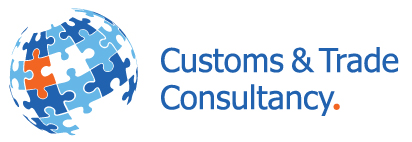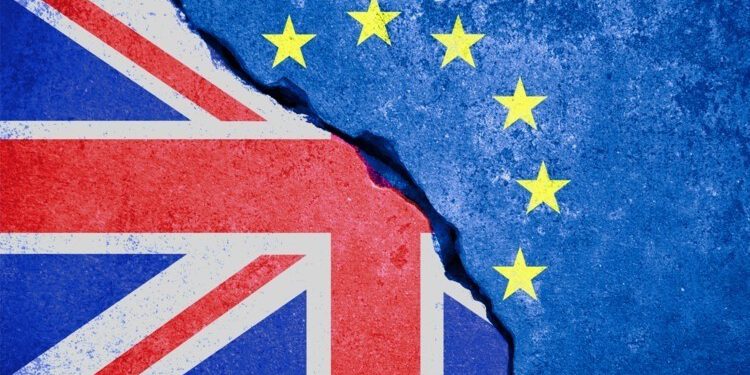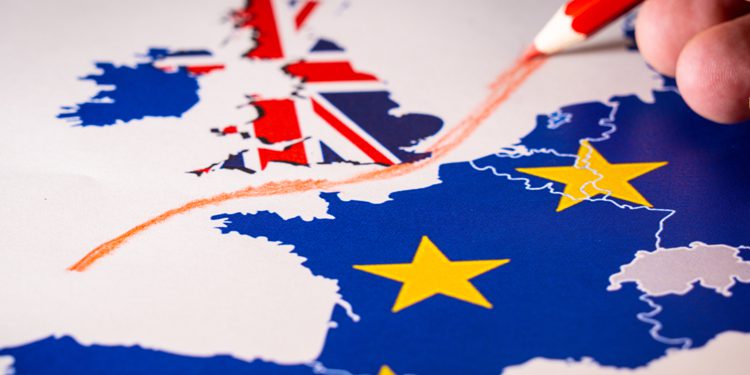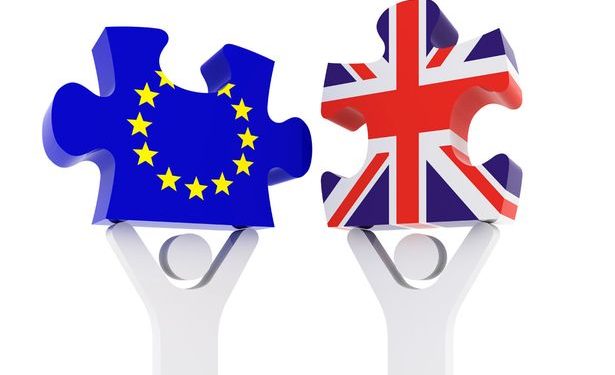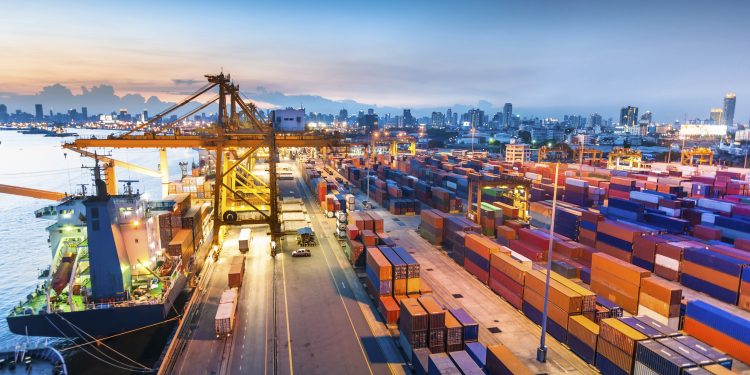Op 19 mei 2020 heeft de Britse regering het nieuwe Britse Douanetarief gepubliceerd dat van toepassing zal zijn vanaf het moment dat het Verenigd Koninkrijk de EU daadwerkelijk verlaat.
De publicatie komt na een openbare raadpleging eerder in het jaar en de samenvatting van de reacties van zowel het publiek als de regering is hier te vinden. Het volledige Britse Douanetarief tariefschema kan hier worden bekeken en een volledig overzicht van het Britse Douanetarief in CSV-formaat is hier beschikbaar.
Het doel was om het tarief te vereenvoudigen en af te stemmen op de Britse economie. De belangrijkste principes voor het nieuwe tarief zijn gericht op de interesse van Britse consumenten en bedrijven, het stimuleren van de Britse productie en het behouden en bevorderen van het internationale concurrentievermogen van het Verenigd Koninkrijk.
Het nieuwe Britse Douanetarief is van toepassing vanaf het moment dat het Verenigd Koninkrijk de EU daadwerkelijk verlaat, momenteel gepland voor 1 januari 2021. Het bestaande EU Douanetarief zal van toepassing blijven tijdens de overgangsperiode.
De belangrijkste wijzigingen die het Verenigd Koninkrijk in het bestaande EU Douane tarief zal aanbrengen, zijn:
- Vereenvoudiging van het tarief door de tarieven voor goederen met lage tarieven (minder dan 2%) te schrappen, de tarieven af te ronden naar de dichtstbijzijnde tariefgroep en stappen te ondernemen om complexe landbouwmaatregelen te vereenvoudigen
- Het schrappen van tarieven voor bijna 2.000 goederen waar het voordelig is om de kosten voor zowel producenten als consumenten te verlagen
- Handhaving van tarieven in verschillende sectoren om Britse bedrijven te ondersteunen en de bredere strategische doelstellingen van het Verenigd Koninkrijk te bereiken
De Britse regering heeft beloofd dat zij het handelsbeleid van het Verenigd Koninkrijk zal blijven beoordelen en verbeteren door middel van voortdurende samenwerking met het publiek, belangrijke belanghebbenden en adviesgroepen.
Een belangrijke observatie is dat ongeveer 2.000 tariefcodes zijn verlaagd tot 0% en dat de meeste andere zijn afgerond naar de dichtstbijzijnde tariefgroep. Desalniettemin blijven de tarieven nog steeds van toepassing op de meeste tariefcodes en moeten bedrijven die producten importeren of van plan zijn producten te importeren, rekening houden met het nieuwe tariefschema van het Verenigd Koninkrijk en met andere douanefaciliteiten om de Britse douanerechten te beheren.
